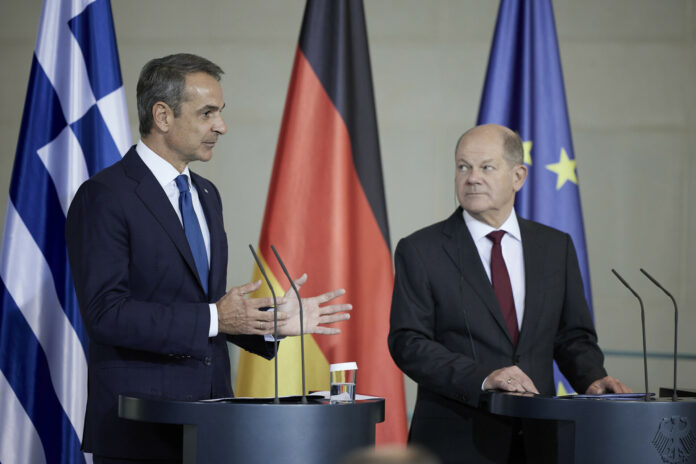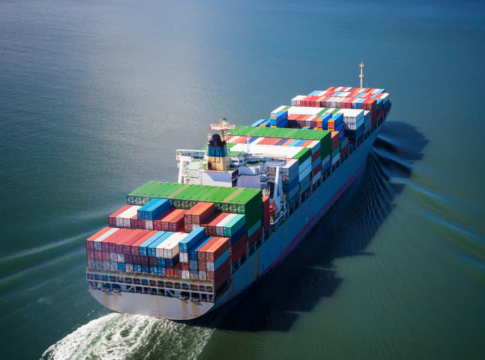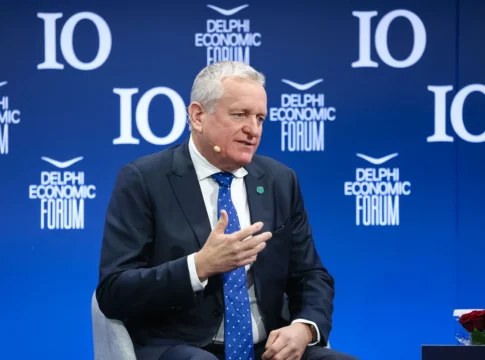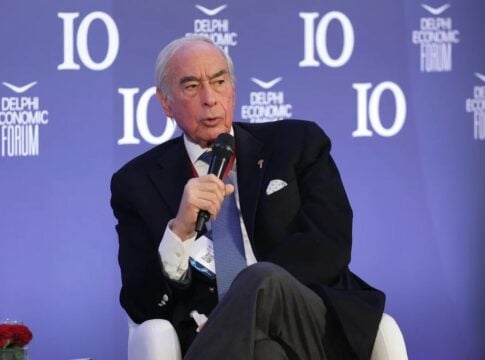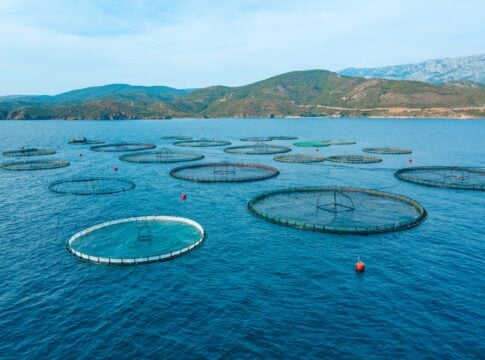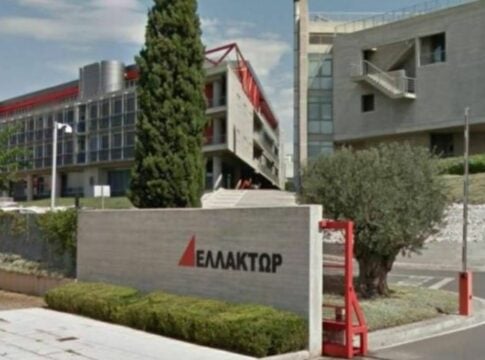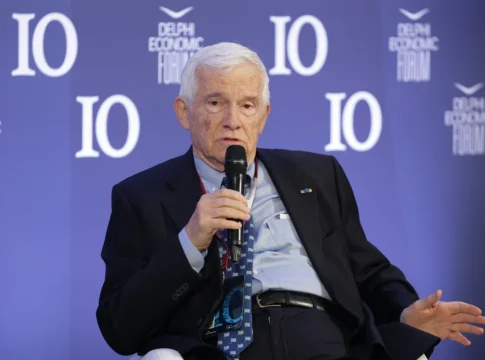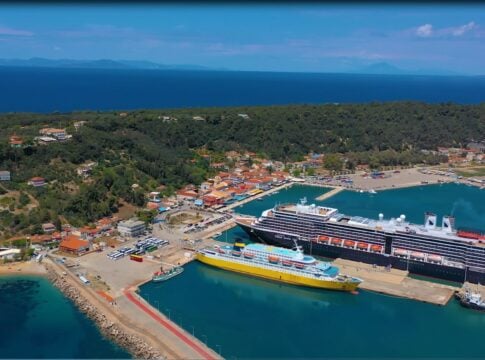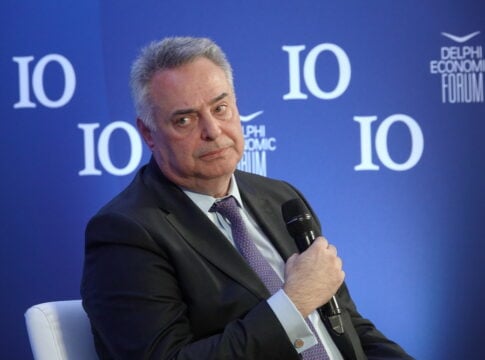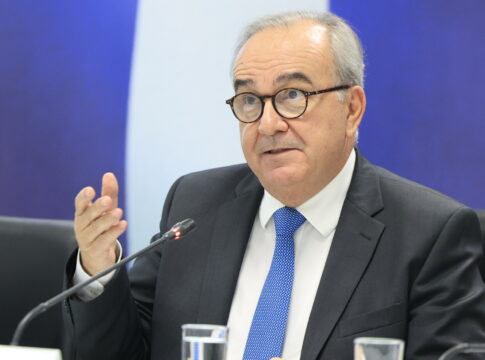The good bilateral relations between Greece and Germany, immigration and the imminent visit of Turkish President Recep Tayyip Erdogan to Athens dominated the joint statements by Prime Minister Kyriakos Mitsotakis and German Chancellor Olaf Scholz.
“Greece is already writing a new chapter in its history,” the Greek premier said, while the German chancellor noted that the Greek economy “is on an excellent course.”
On the issue of immigration, both leaders appeared willing to strengthen their bilateral cooperation.
Mitsotakis also said that his meeting with the German Chancellor confirms the long-standing ties between Greece and Germany, which are strengthened through the common challenges faced by the two countries.
The prime minister also underlined that the two countries share common values and goals for a better future.
As he said, the news today from Greece is much more optimistic than it was during his last visit to Germany, in 2020, on the eve of the outbreak of the pandemic. “My country is already writing a new chapter in its history,” he said and added: “From a black sheep during the years of the crisis, today it has one of the most stable economies in the eurozone, it maintains dynamic growth rates”, he said, making special reference to tourism revenues and the “vote” of German tourists in our country, the reduction of the debt and investment grade recovery.
“The recovery of the investment grade rating signals an overall national progress,” he said, adding that the “keys” for the good course of the Greek economy are two elements: the unwavering orientation towards reforms and political stability.
The prime minister also spoke about the role that German companies have played in this new chapter of Greece. As he said, they are leading among foreign investors in Greece, and indeed in dynamic sectors such as telecommunications, airports and digital and green technology.
“With the crisis in the Middle East developing, it is very likely that frontline states, such as Greece, will face new strong pressures on their borders”, added the prime minister, asking for more intensive and multifaceted help from Europe.
“The new European pact on immigration and asylum must be completed soon on the basis of solidarity and fair distribution of responsibilities between member states,” Mitsotakis said, stating that he has discussed with the Chancellor how to solve real, existing problems of secondary flows that need a common approach between the two countries. “We need a dynamic plan; on the one hand preventing illegal crossings and on the other hand managing legal flows.”


